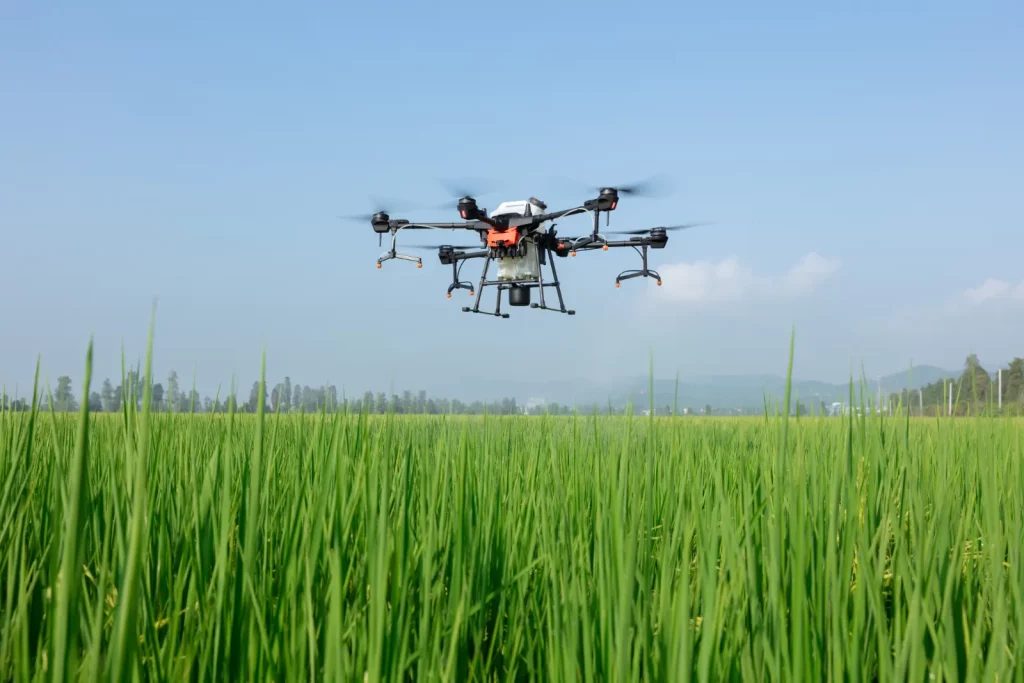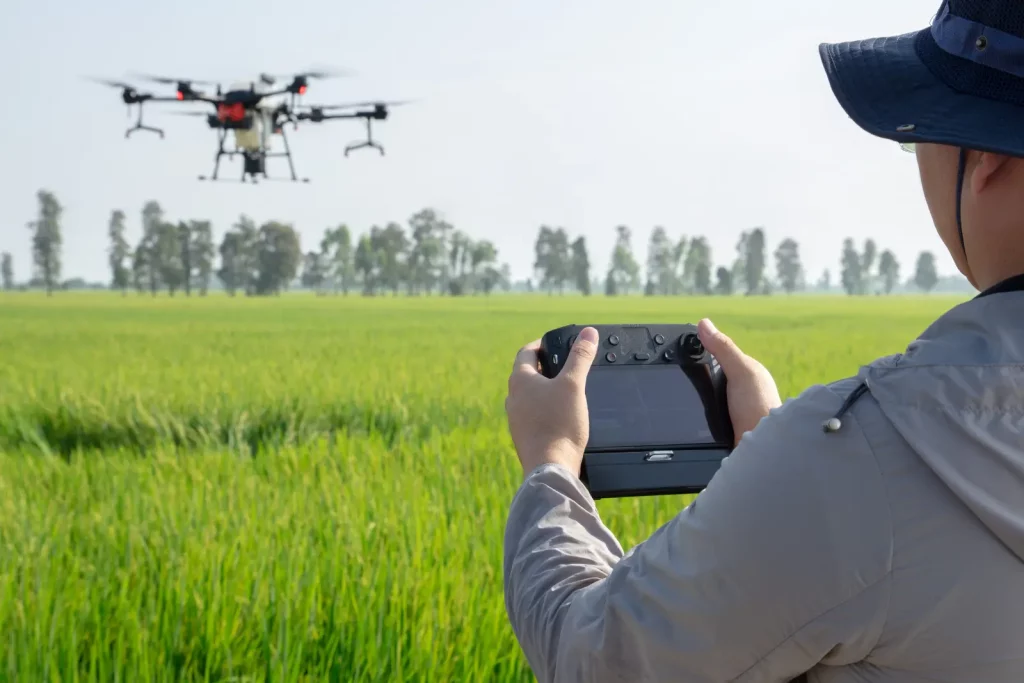1. Introduction
1.1 What is Schope?
Schope, based in Bangladesh, is a leading importer. With a commitment to revolutionizing farming practices, Schope has established itself as a trusted name in the industry.
1.2 Introduction to DJI and Agriculture Drones
DJI, a renowned global leader in drone technology, has been at the forefront of innovation in various sectors, including agriculture. Their agricultural drones offer cutting-edge solutions to modern farming challenges, incorporating state-of-the-art features for enhanced efficiency and productivity.
2. The Significance of the Dealer Partnership
2.1 Expansion of Agricultural Drone Market
The partnership between Schope and DJI marks a significant milestone in the expansion of the agricultural drone market in Bangladesh. By bringing DJI’s advanced technology to local farmers, the partnership aims to revolutionize agricultural practices and improve overall productivity.
2.2 Impact on Bangladesh’s Agriculture Sector
Bangladesh, with its predominantly agrarian economy, stands to benefit greatly from the introduction of DJI agricultural drones. The partnership is expected to catalyze modernization efforts in the agriculture sector, leading to increased yields, improved quality of produce, and sustainable farming practices.
3. Benefits for Farmers
3.1 Increased Efficiency in Farm Operations
DJI agricultural drones streamline various farm operations, including crop monitoring, pest control, and irrigation management. With real-time data collection and analysis capabilities, farmers can make informed decisions to optimize resource utilization and maximize yields.
3.2 Precision Agriculture Techniques
Precision agriculture techniques, facilitated by DJI drones, enable farmers to apply inputs such as fertilizers and pesticides with unparalleled accuracy. By targeting specific areas of the field based on crop health indicators, farmers can minimize waste and environmental impact while maximizing crop quality.
3.3 Cost Reduction and Increased Profitability
The adoption of DJI agricultural drones translates into cost savings for farmers in the long run. By reducing manual labor requirements and optimizing resource usage, farmers can achieve higher efficiency levels and ultimately increase profitability.


4. Technical Advancements in DJI Agricultural Drones
4.1 Advanced Imaging and Mapping Capabilities
DJI drones are equipped with advanced imaging sensors and mapping technology, allowing for high-resolution aerial imaging and accurate mapping of fields. This enables farmers to detect crop health issues, identify areas of concern, and take proactive measures to address them.
4.2 Integration of AI and Machine Learning
The integration of artificial intelligence (AI) and machine learning algorithms in DJI agricultural drones enhances their capabilities for data analysis and decision-making. By leveraging historical data and predictive analytics, farmers can optimize crop management strategies and improve overall farm productivity.
4.3 Enhanced Crop Monitoring and Analysis
DJI drones enable continuous monitoring of crops throughout the growing season, providing valuable insights into growth patterns, nutrient deficiencies, and pest infestations. This real-time monitoring capability empowers farmers to implement timely interventions and mitigate potential risks to crop health.
5. Environmental Impact and Sustainability
5.1 Reduction in Chemical Usage
By enabling targeted application of inputs, DJI agricultural drones help reduce the overall usage of chemical fertilizers and pesticides. This not only minimizes environmental pollution but also promotes sustainable farming practices and preserves soil health.
5.2 Conservation of Resources
Efficient resource management, facilitated by DJI drones, contributes to the conservation of water, energy, and other vital resources. By optimizing irrigation schedules and minimizing wastage, farmers can mitigate the environmental impact of agricultural activities and contribute to resource sustainability.
5.3 Minimization of Environmental Footprint
The adoption of DJI agricultural drones aligns with global efforts to reduce the environmental footprint of agricultural production. By promoting precision agriculture techniques and minimizing chemical usage, farmers can play a role in mitigating climate change and preserving biodiversity.
6. Challenges and Solutions
6.1 Initial Investment Costs
While the adoption of DJI agricultural drones involves initial investment costs, the long-term benefits outweigh the upfront expenses. Schope offers flexible financing options and support services to help farmers overcome financial barriers and transition to drone-based farming practices.
6.2 Training and Skill Acquisition
Effective utilization of DJI drones requires proper training and skill acquisition. Schope provides comprehensive training programs and technical support to ensure that farmers are equipped with the knowledge and expertise needed to operate the drones efficiently and maximize their potential.
6.3 Regulatory and Legal Framework
Navigating regulatory and legal requirements is essential for the successful implementation of drone technology in agriculture. Schope collaborates with regulatory authorities and stakeholders to address regulatory challenges and ensure compliance with applicable laws and regulations.
